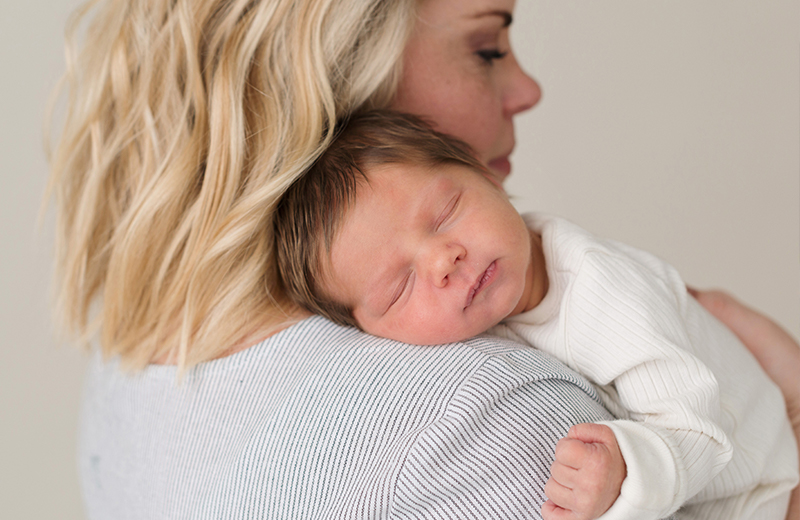No hair journey is more agonizing and time-consuming than the grow-out phase. Short hairstyles, like…
HAIR LOSS? GET TO THE ROOT OF THE PROBLEM

Hair loss is typically genetic. However, it’s also common for people to experience temporary periods of hair loss or thinning. If this is your situation, don’t panic. Most causes of temporary loss can be corrected (or will self-correct) over time. These are the major culprits I have seen affecting my clients over the years:
Stress
Probably the number one reason I see for hair loss. If you’ve recently gone through a really stressful situation or a major life change (divorce, illness of loved one, surgical procedure), expect to lose some hair about 30 to 90 days later. It will generally recover and grow back, but it does take a while.
Baby
This one seems obvious, but from my experience, it’s apparently not. I can’t tell you the number of times I’ve had a new mom in my chair who is experiencing scary amounts of hair loss, and no one ever thought to mention to her that it will happen. So just in case your doctor didn’t warn you, I will. You will lose hair after you have a baby. This generally happens 3-6 months after birth, but if you’re breastfeeding it may delay until about 3-6 months after you stop breastfeeding. When it finally starts coming back, you’ll have some funky little hairs sticking up all over your head, and it will probably drive you crazy, and you’ll have to figure out new ways to style your hair to camouflage them, but that will be a welcome day because it means your hair is finally growing back. (And hopefully it means you’re finally getting a good night’s sleep as well.)
Thyroid
Thyroid can significantly affect the amount of hair loss. If my clients haven’t had their thyroid checked by a doctor recently, that’s one of the first things I recommend when they notice a problem. The good news is, once your thyroid becomes regulated with medication, the hair will typically grow back just as it was before.
Blood Pressure Medication
Once clients start taking this medication, their hair thins out. My experience has been that the hair doesn’t fully return to the same thickness they had before, but it does stop falling out after their body adjusts. Generally, they just have a thinner version of what they previously had. For the benefits of the medication, I think it’s an okay trade off.
Iron Deficient
Recently I’ve noticed this condition in quite a few of my clients. Their hair didn’t just thin overall, but several of them experienced small bald spots. I recommended that they have blood work done and it turned out they were iron deficient. Once they were put on iron rich foods and supplements, their hair stopped falling out and the bald patches filled back in.
Sudden Changes in Diet
If you’ve been losing weight very quickly or have drastically changed your diet (yes, even to a more healthy diet), expect some hair loss. This will usually regulate once your body gets used to the changes you have made and it will fill back in.
For any of these situations, you can stop the loss and speed up the growth process by taking vitamins geared toward hair loss. My clients have seen great success with Mediceuticals Hair Gain vitamins (sold by professional salons), but there are other good vitamin lines as well. Talk to your stylist to see what’s available in your area, and make sure to ask your doctor.
It’s important to remember that it takes about 30 days to reverse the hair loss and start growing back, which means it usually takes about 90 days before my clients can actually see that it’s working. So stick with it. And don’t stress too much about it.
Have you experienced any of these? Do you have any others you would add to my list? Let me know in the comments.



